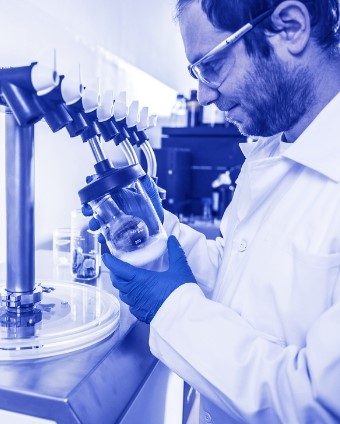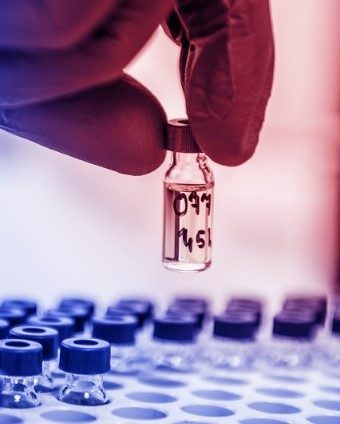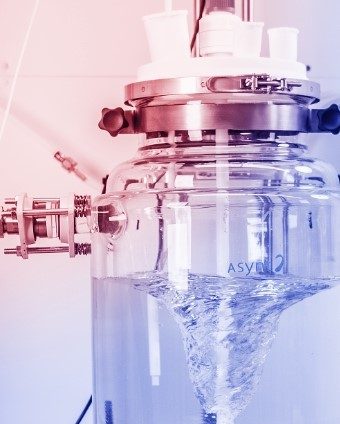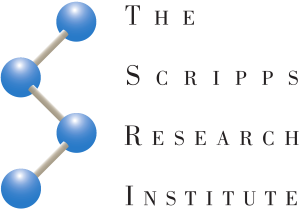Automated DNA chemical synthesis
Automated DNA chemical synthesis
Over the last few decades, several approaches have been developed to synthesise short DNA sequences.
Relevant approaches include the phosphodiester method and the H-phosphonate method. However, higher yields and higher product quality and better efficiency and shorter synthetic times can be achieved using the solid-phase synthesis of oligonucleotides that employs nucleotide-3’-O-phosphoramidites as monomers.
In this approach, the whole synthesis is conducted on solid support. Automated machines (called DNA synthesizers) have been developed to efficiently and quickly perform the synthesis. Building blocks for this synthesis are nucleotide-3’-O-cyanoethylphosphoramidites (CEP).
Generally, the 5’-hydroxyl group is protected with a dimethoxytrityl (DMT) group, while amino groups on nucleobases are protected with a benzoyl group (for adenosine and cytidine) or isobutyryl group (for guanosine).

Mechanism
At the beginning of the synthesis, the first nucleotide is attached to the solid support, loaded into a small column. The DNA synthesiser automatically carries on all the synthesis steps (shown in Scheme 1) by delivering necessary reagents and reactants to the column in which the oligonucleotide product is synthesised—the synthesis proceeds in the 3’ to 5’ direction (opposite to enzymatic synthesis). Finally, desired products are generally purified by standard desalting spin-columns or HPLC.
The main advantage of the solid-phase synthesis over traditional enzymatic synthetic approaches consists of a much larger possible scale. DNA oligonucleotides can be prepared up to μmols scale against the nmol scale of the enzymatic methods.
However, obtaining long DNA sequences via solid-phase synthesis is very difficult, and most reactive chemical groups have to be adequately protected.

Due to the vast and still quickly growing applications of non-natural oligonucleotides, the design and synthesis of non-natural building blocks for DNA synthesis is gaining outstanding importance.
If a non-natural nucleoside needs to be incorporated via solid-phase synthesis into the product sequence, its relative phosphoramidite has to be prepared and employed, where all other eventual reactive groups must be adequately protected. Also, acyclic or non-nucleoside phosphoramidites can be employed to insert a spacer within the product sequence or insert a modification at one end of the oligonucleotide.
@SantiagoLab, we can offer the design and synthesis of building blocks suitable for inserting a wide range of DNA modifications for different applications into your oligonucleotide products. If you would like to know more, or we can help you with your research, write an email to Krystof Sigut on krystof.sigut@santiago-lab.com or reach him on the phone +420 776 750 591.
[vc_row][vc_column][insignia_section_heading title="Drop us a line" subtitle="We will respond as soon as possible, typically within 48 hours." align="text-center" c_margin_top="20" c_margin_bottom="20" add_icon="" font_weight="default" sub_font_weight="default"][contact-form-7 id="13965"][/vc_column][/vc_row][vc_row][vc_column][vc_empty_space height="80px"][/vc_column][/vc_row][vc_row][vc_column][vc_column_text][vc_row][vc_column width="1/1"][vc_column_text]
OUR CASE STUDY
Scale-up to accelerate drug discovery
Our experience helped overcome development hurdles for potential cancer & mental health drugs.
Read moreEmpowering neuro research with pro-N6pA
Sigut Labs scaled up pro-N6pA production, simplifying AMPylation research & boosting accessibility.
Read moreADC development leaps with new linkers
Novel linker design expedited ADC advancement, leading to promising lead compounds faster.
Read moreLincomycin derivative scale-up
Over 30 g of the desired product with exceptional purity was obtained through our optimized procedure.
Read morePurifying 350 kg of vitamin K2 oil
Our innovative scale-up technology helped to reduce the client’s purification process from days to hours.
Read more
Custom synthesis
Providing for a custom synthesis of previously reported molecules using described synthetic procedures.

Contract research
Developing novel synthetic routes to provide undescribed compounds in organic, bioorganic, and medicinal chemistry.

Scale-Up
Helping you go from lab scales to an industrial scale by applying our cutting-edge instrumentation.

Our Experts


Partners & distributors











